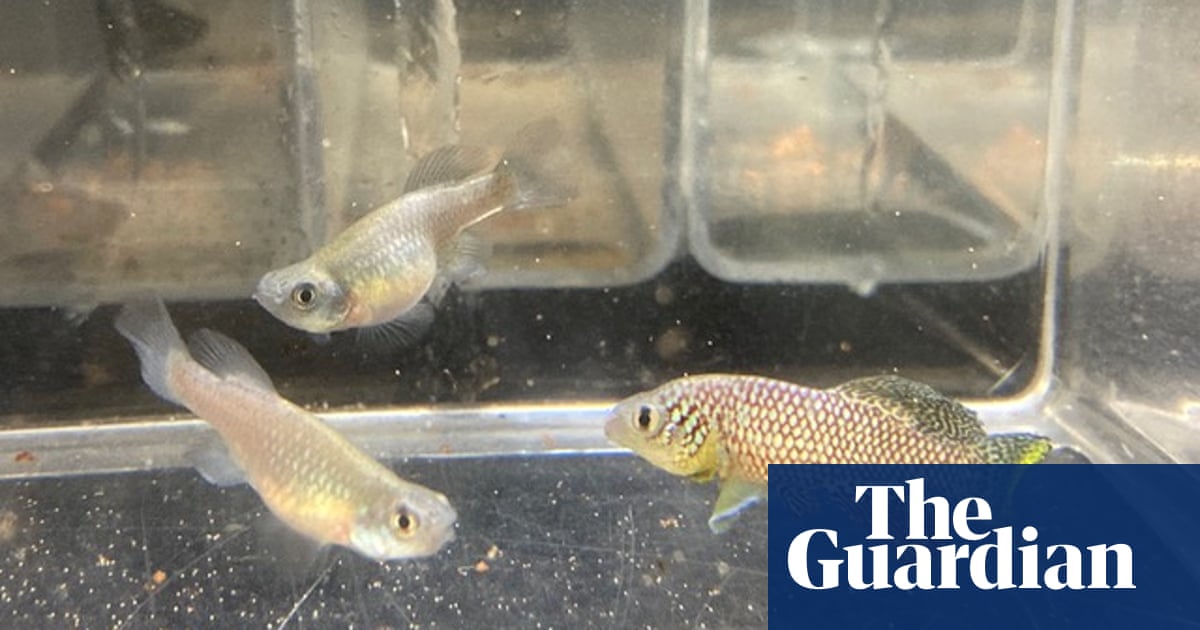Time: 2024-06-17
A groundbreaking study conducted by researchers at Osaka University has uncovered a link between Vitamin D signaling and increased longevity. The research focuses on germ cells, the cells that develop into eggs in females and sperm in males, and their impact on the lifespan of vertebrate animals.
In the turquoise killifish, a species with a short lifespan, female individuals typically outlive males. However, when germ cells were removed from the fish, both males and females exhibited similar lifespans. This led the researchers to investigate further the factors responsible for this difference.
The study found that female killifish lacking germ cells had reduced estrogen levels and increased growth factor signaling, resulting in health issues and accelerated aging. Conversely, male killifish displayed improved health and higher levels of vitamin D signaling, suggesting that vitamin D may play a role in enhancing longevity. Subsequent testing with vitamin D supplements showed a significant extension in the lifespans of both male and female fish.
The researchers also discovered that germ cells have different effects on males and females, potentially influencing the links between reproduction, aging, and lifespan. This finding could have implications for understanding longevity in other vertebrates, including humans.

The study's senior author, Tohru Ishitani, emphasized the importance of vitamin D signaling in promoting overall health and longevity. The research suggests that germ cells play a crucial role in determining the lifespan of vertebrate animals and could provide insights into gender differences in aging and longevity.
Overall, the study highlights the intricate relationship between germ cells, vitamin D signaling, and lifespan differences in males and females. By unraveling these mechanisms, researchers may gain a better understanding of how reproductive variables impact aging and lifespan in various species. The findings could pave the way for future studies on extending healthy lifespan and enhancing overall well-being in both humans and other vertebrates.